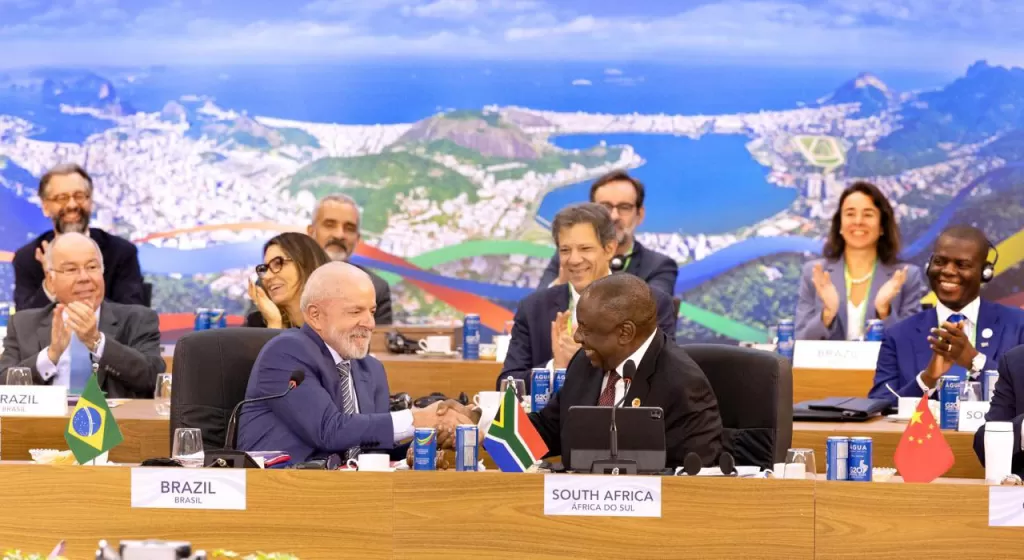Celebrating Africa Day: A Tribute to Unity, Heritage, and Progress

May 25, 2025 — Today, the world joins the African continent and its diaspora in celebrating Africa Day, a vibrant and meaningful occasion that marks the anniversary of the founding of the Organization of African Unity (OAU) on May 25, 1963. Now recognized as the African Union (AU) since its transformation in 2002, this day symbolizes African unity, resilience, and the collective aspirations of a continent rich in diversity, history, and potential. As we commemorate Africa Day 2025, we reflect on its historical significance, cultural vibrancy, and the ongoing journey toward a prosperous and united Africa.
The Historical Roots of Africa Day
Africa Day traces its origins to the historic gathering in Addis Ababa, Ethiopia, where 32 African nations came together to establish the OAU. This pivotal moment was driven by visionary leaders such as Kwame Nkrumah of Ghana, Haile Selassie of Ethiopia, and Julius Nyerere of Tanzania, who sought to forge a united front against colonialism and imperialism while promoting solidarity among African states. The OAU’s formation was a bold step toward self-determination, marking a turning point in the continent’s struggle for independence and sovereignty.
The transition from the OAU to the African Union in 2002 expanded the organization’s mandate to address contemporary challenges, including economic development, peace and security, and regional integration. Africa Day, therefore, is not only a celebration of this historic milestone but also a reminder of the continent’s ongoing commitment to unity and progress.
The Significance of Africa Day 2025
Africa Day 2025 carries profound significance as the continent navigates a rapidly changing global landscape. This year’s theme, as set by the African Union (though specific details for 2025 are yet to be officially announced), is expected to focus on key priorities such as sustainable development, youth empowerment, and leveraging technology for economic growth. The day serves as an opportunity to celebrate Africa’s achievements while addressing challenges like climate change, inequality, and political instability.
The continent is home to 54 nations, over 1.4 billion people, and a rich tapestry of cultures, languages, and traditions. Africa Day is a moment to honor this diversity while emphasizing the shared values of unity, peace, and progress. It’s also a platform to amplify African voices on the global stage, showcasing the continent’s contributions to innovation, art, science, and governance.
Celebrations Across the Continent and Beyond
Africa Day is celebrated with a variety of events, both on the continent and within African diaspora communities worldwide. In 2025, festivities are expected to include:
- Cultural Festivals: Vibrant displays of African music, dance, and cuisine, from the rhythms of Afrobeat in Nigeria to the traditional dances of the Maasai in Kenya and Tanzania. Cities like Lagos, Nairobi, and Johannesburg often host concerts and cultural showcases.
- Conferences and Summits: Governments, civil society organizations, and the AU organize events to discuss critical issues such as economic integration, gender equality, and the African Continental Free Trade Area (AfCFTA).
- Community Events: In the diaspora, African communities in cities like London, New York, and Paris hold events to celebrate their heritage, often featuring art exhibitions, film screenings, and panel discussions.
- Educational Initiatives: Schools and universities across Africa use this day to teach about the continent’s history, fostering pride and awareness among younger generations.
Social media platforms, particularly X, play a significant role in amplifying Africa Day celebrations. Hashtags like #AfricaDay, #AfricanUnion, and #AfricaRising trend annually as users share messages of pride, post cultural content, and discuss the continent’s future. For instance, posts on X in previous years have highlighted everything from traditional attire to calls for economic empowerment, reflecting the day’s broad resonance.
Africa’s Achievements and Challenges
Africa Day is a time to celebrate the continent’s remarkable progress. Over the decades, African nations have made strides in various areas:
- Economic Growth: Africa is home to some of the world’s fastest-growing economies, driven by sectors like technology, agriculture, and renewable energy. The AfCFTA, launched in 2021, is fostering intra-African trade and economic integration.
- Innovation: African tech hubs in cities like Nairobi, Lagos, and Cape Town are producing world-class innovations, from mobile payment systems like M-Pesa to AI-driven agricultural solutions.
- Cultural Influence: African music, fashion, and literature are gaining global recognition, with artists like Burna Boy, designers like Ozwald Boateng, and authors like Chimamanda Ngozi Adichie shaping global culture.
Yet, challenges remain. Political instability in some regions, youth unemployment, and the impacts of climate change pose significant hurdles. Africa Day serves as a call to action, urging governments, organizations, and individuals to work collaboratively to address these issues. The AU’s Agenda 2063, a blueprint for a prosperous and united Africa, remains a guiding framework for these efforts.
The Global Relevance of Africa Day
Africa Day is not just for Africans—it’s a global celebration. The African diaspora, spread across the Americas, Europe, and beyond, plays a vital role in amplifying the continent’s cultural and economic contributions. Moreover, Africa’s growing influence in global affairs, from climate negotiations to peacekeeping missions, underscores the importance of this day on the world stage.
The day also aligns with other related observances, such as the World Day for African and Afrodescendant Culture (January 24) and African World Heritage Day (May 5), which focus on cultural preservation and heritage. Additionally, African Liberation Day, also observed on May 25, emphasizes the Pan-African movement’s fight for economic and political freedom, complementing the themes of Africa Day.
How to Engage in Africa Day 2025
There are countless ways to celebrate and honor Africa Day, whether you’re in Africa or part of the global community:
- Learn About Africa’s History: Explore the stories of African independence movements or the AU’s role in fostering unity. Resources like the AU’s official website (www.au.int) or historical texts on Pan-Africanism are great starting points.
- Support African Businesses: Purchase products from African artisans, designers, or tech startups to contribute to the continent’s economic growth.
- Engage on Social Media: Share your pride in African culture using hashtags like #AfricaDay2025 or #WeAreAfrica. If you’d like, I can analyze trending X posts related to Africa Day to highlight key discussions or sentiments.
- Attend Local Events: Check for Africa Day events in your community, such as cultural festivals, lectures, or film screenings.
- Advocate for Change: Support initiatives addressing Africa’s challenges, from climate action to education for girls.
A Vision for the Future
As we mark Africa Day 2025, the continent stands at a crossroads of opportunity and challenge. The AU’s vision of “The Africa We Want” by 2063—a continent that is integrated, prosperous, and peaceful—remains a powerful call to action. By celebrating Africa Day, we not only honor the past but also commit to building a future where Africa’s potential is fully realized.
In the words of Kwame Nkrumah, “We face neither East nor West; we face forward.” This Africa Day, let us face forward together, celebrating the continent’s rich heritage and working toward a brighter, united future.





